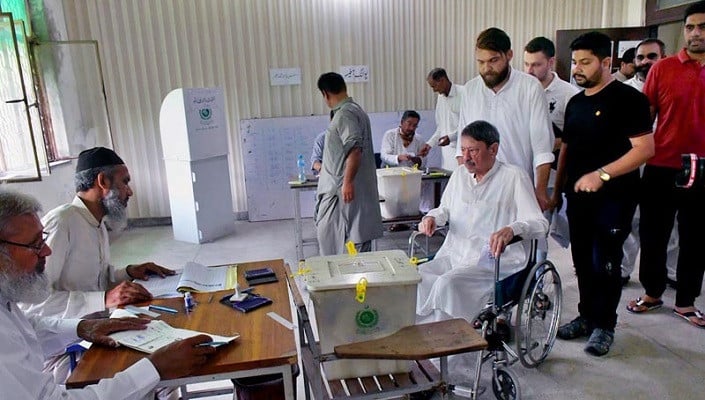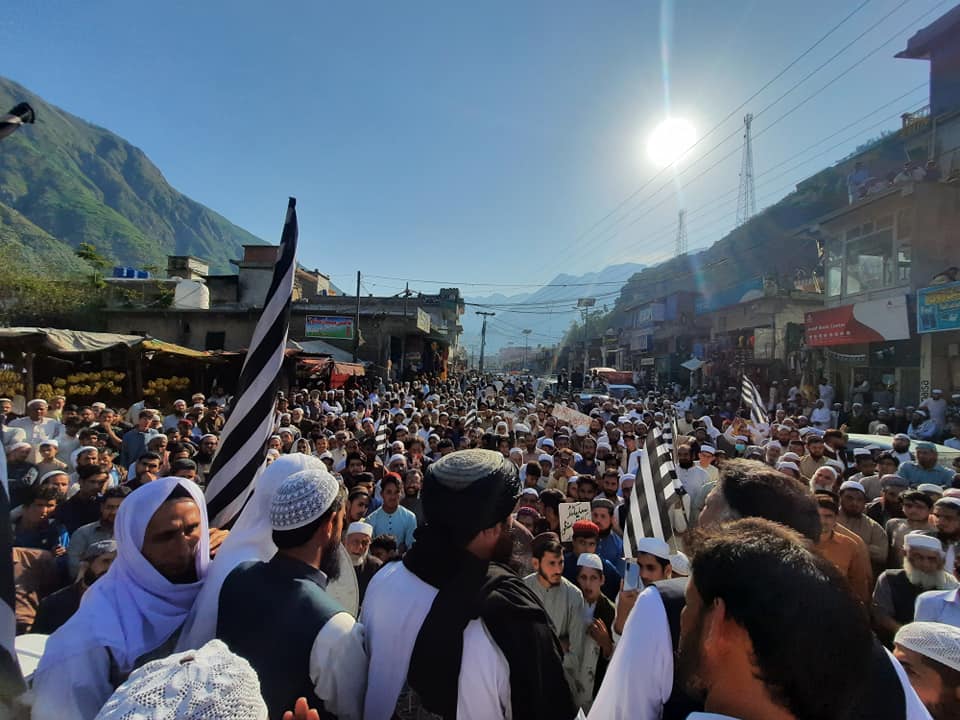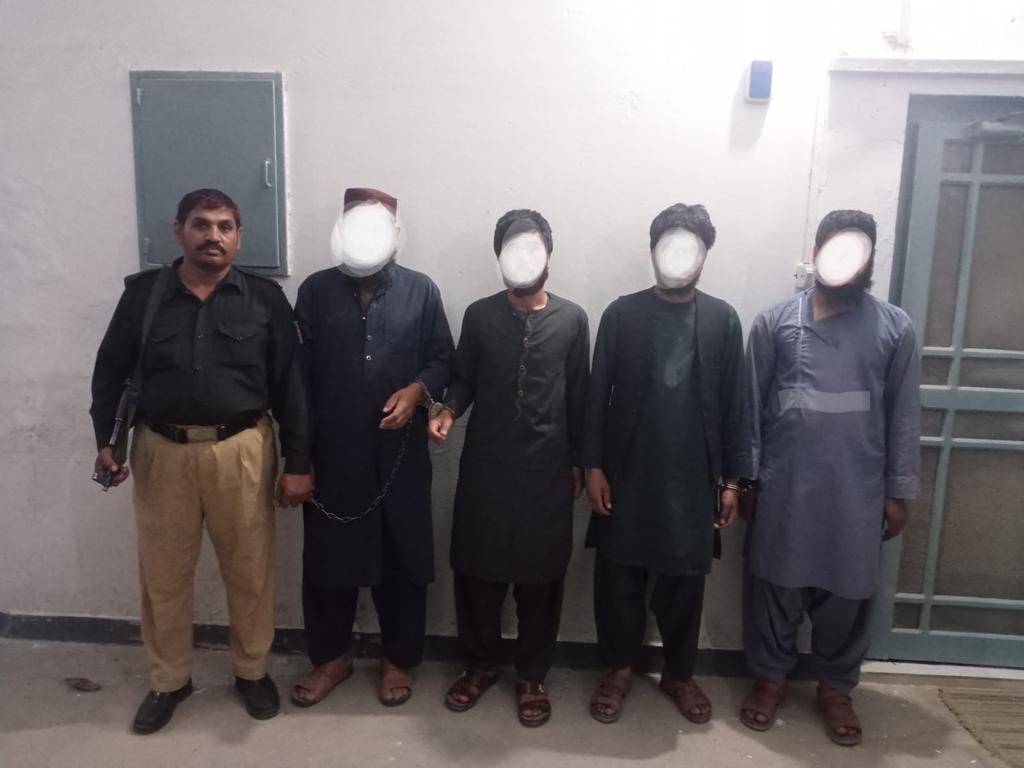Ballot Delivery Issues Disrupt Voting for Disabled in the Feb 08 Elections

Nineteen-year-old Fawad Ali, who has a spinal cord injury (SCI, was eager to vote for the first time in Pakistan’s general election on Feb. 8. However, his hopes were dashed when he didn’t receive his postal ballot from the Pakistan Post Office, despite applying for it earlier at the district returning officer’s office in Alpuri.
The majority of men in Shangla district work in coal mines across Pakistan, often facing deadly accidents or returning home with severe injuries. According to the Social Welfare Department of Shangla, 780 people with disabilities are registered with the department, including more than 200 who suffered spinal cord injuries (SCI) and are confined to wheelchairs or beds.
Fawad Ali’s spinal cord was injured in a mining accident in Hyderabad, Sindh, in November 2022. Since then, he has been confined to a wheelchair and his home in Shahtoot, Alpuri.
Fawad Ali said he and other SCI individuals in a WhatsApp group discussed how they would exercise their right to vote before the election. They later visited the deputy commissioner’s office and the Election Commission office to inform officials about their voting concerns.
Shangla physically-challenged persons sought jobs quota in Education department
Fawad Ali said the election commissioner in Shangla promised to deliver postal ballots to their homes so they could participate in the election. However, the ballots never arrived.
Hussain Ali, who has also a SCI and lives in Mian Kaly, Alpuri, works for the welfare of people with disabilities in Shangla through his social media channels. He collected 56 applications for postal ballots and submitted them to the returning officer through his brothers.
We received only 18 postal ballots for NA-11 and 28 for the three provincial constituencies out of the 56 applications we submitted, but we encountered issues with the post office,” Hussain Ali said.
He added that post office staff were reluctant to hand over ballots to blood relatives, even when they presented original identity cards, insisting that the voter must collect the ballot in person.
Hussain Ali questioned how a physically disabled person with spinal cord injuries could collect a ballot from the post office, noting that it is the post office’s responsibility to deliver postal ballots safely to the recipient’s home. He expressed that the failure to do so has been hurtful and contrary to their professional duty.
Hussain Ali, however, was among the few who received both of his ballots. In most cases, his fellow members of the Spinal Cord Injuries (SCI ) group received only one ballot, either for NA or PK.
Iqbal Hussain, also from the SCI group in Chawga, Puran Tehsil, said that after his accident in 2016, he was transported by his brothers on a charpoy to exercise his right to vote. However, in the last general election, due to deteriorating health, he could not visit the polling station in person and opted for a postal ballot. Despite submitting an application, none of his ballots were delivered.
“When I heard that some of our fellow SCI disabled men received their ballots, I contacted the post office in Chawga, where I was told my ballot had not been received. I also inquired at the Kuz Paw post office, but staff there said they had not received it either,” Iqbal Hussain said.
Hussain Ali said the deputy commissioner, election commissioner, and other officials falsely assured them that their ballots would be delivered with priority. However, two of their ballots were never even collected by their relatives, resulting in wasted votes.
Ali also claimed that candidates approached him and offered Rs 500,000 to persuade his SCI friends to collect their ballots, which he found hurtful. He said this situation was particularly frustrating because they were struggling to exercise their right to vote and hoped elected officials would enact policies and welfare programs for them.
Additional Deputy Commissioner Adnan Khatak, who was the assistant district returning officer in the last general election, told this reporter that they received over 6,000 applications, but the Election Commission of Pakistan provided only 3,000 ballots for NA, leaving even government employees without their votes.








